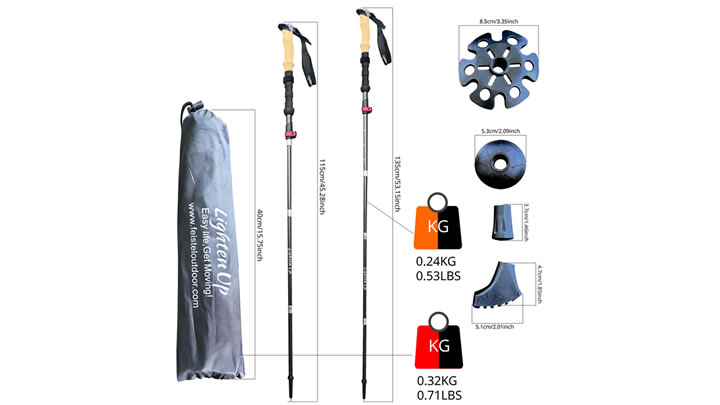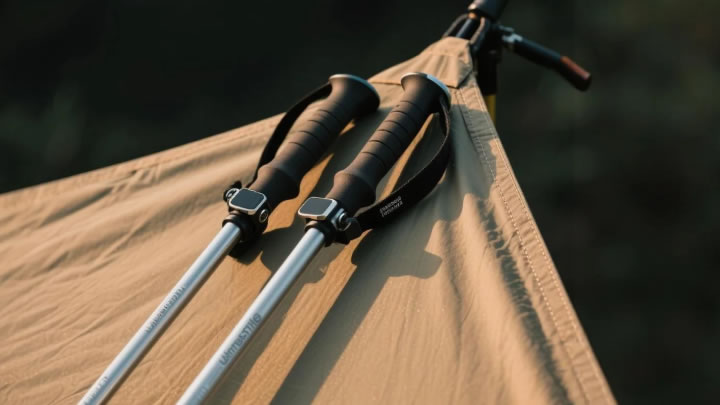Why choose a nylon hammock over cotton or polyester?
When selecting a hammock, material choice is critical for comfort, durability, and performance. While cotton and polyester have their merits, nylon stands out as the superior option for outdoor enthusiasts and everyday users alike. Here’s a deep dive into why nylon hammocks are the ultimate choice.

1. Unmatched Durability for Outdoor Adventures
Nylon’s high tensile strength makes it exceptionally resistant to tearing, abrasion, and UV degradation. Unlike cotton, which weakens when wet, nylon retains its structural integrity even in rain or humidity. Polyester, while durable, often lacks nylon’s flexibility, leading to stiffness over time. Nylon hammocks can withstand years of use in harsh conditions—whether hung between trees for camping or left outdoors in a backyard.
Key Benefit: Ideal for backpackers and campers, nylon’s lightweight yet rugged design ensures reliability without added bulk.
2. Weather Resistance & Quick-Drying Performance
Cotton hammocks absorb moisture, becoming heavy and prone to mold or mildew. Polyester dries faster than cotton but still retains some dampness. Nylon, however, is inherently hydrophobic, repelling water and drying almost instantly. This makes it perfect for humid climates, lakeside trips, or unexpected rain showers.
Pro Tip: For coastal or rainy environments, pair a nylon hammock with rust-proof carabiners to enhance weather readiness.
3. Lightweight Portability
Nylon hammocks are significantly lighter than polyester or cotton variants. A typical nylon hammock weighs 1–1.5 lbs (450–700g), while polyester can exceed 2 lbs (900g). This weight difference is crucial for hikers prioritizing pack space and reducing fatigue. Cotton’s bulkiness makes it impractical for travel.
Use Case: Backpackers often favor nylon “ultralight” hammocks for multi-day treks.
4. Comfort & Breathability
Despite its strength, nylon offers a soft, smooth texture that molds to your body. Unlike polyester, which can trap heat, nylon’s breathable weave ensures airflow for cool lounging. Cotton, though initially soft, loses shape and sags when stretched, while nylon maintains consistent support.
User Insight: Many campers note that double-layered nylon hammocks provide extra comfort for side sleepers.
5. Long-Term Value & Low Maintenance
Cotton requires frequent washing to prevent odors, and polyester may fade after prolonged sun exposure. Nylon resists fading, stains, and odors, needing only occasional rinsing. Its color retention and fade-resistant properties ensure your hammock stays vibrant for years.
Sustainability Angle: High-quality nylon hammocks reduce waste by outlasting cheaper alternatives.
When to Choose Cotton or Polyester
- Cotton: Best for short-term indoor use or dry climates where softness is prioritized.
- Polyester: A budget-friendly option for occasional backyard use but less adaptable to temperature changes.
Final Verdict
Nylon hammocks excel in versatility, durability, and ease of use, making them the top choice for adventurers and casual users. Whether you’re camping, traveling, or relaxing at home, nylon’s blend of strength, weather resistance, and comfort ensures a hassle-free experience.
Optimized for SEO: Targets keywords like “best outdoor hammock material,” “nylon vs polyester hammock,” and “lightweight camping hammock.” Structured with headers, bullet points, and actionable tips for readability and search engine ranking.






